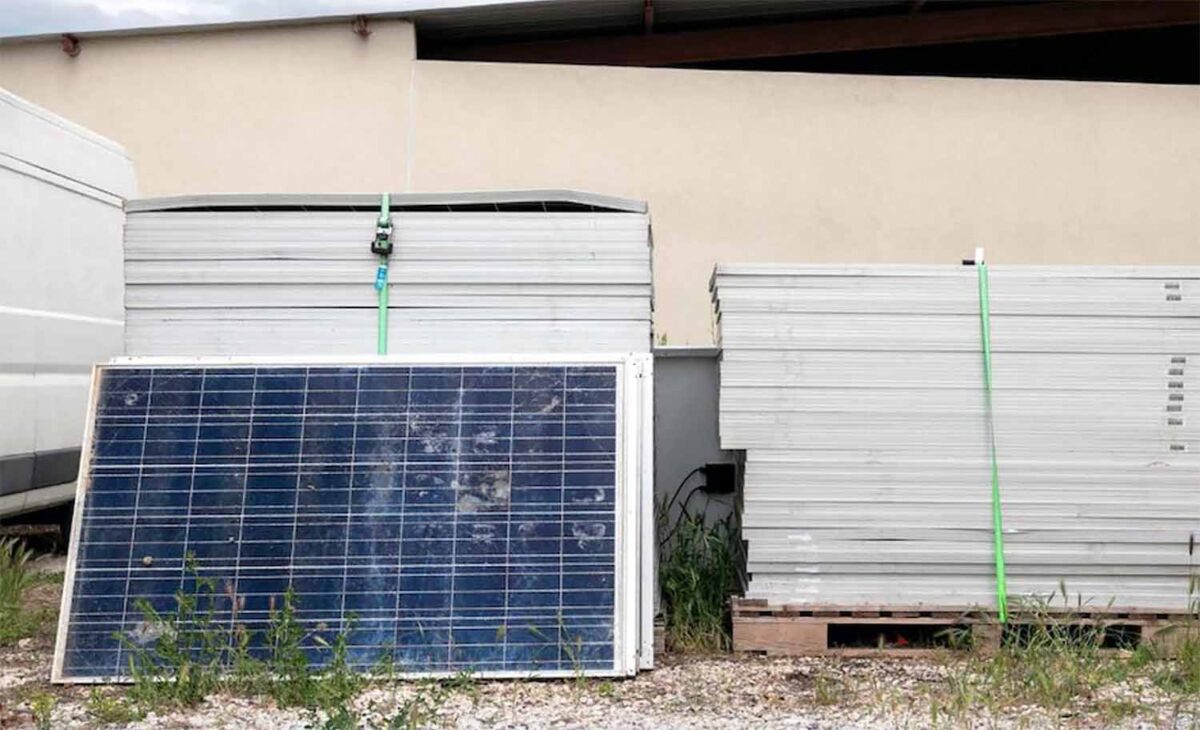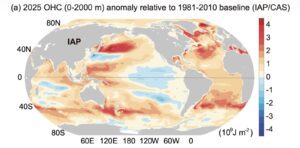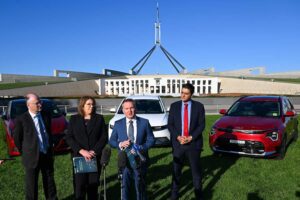One of Australia’s leading e-waste processors will add solar recycling to its repertoire following the acquisition of an advanced PV panel processing facility in New South Wales.
Australian-owned outfit Sircel last week announced it was moving into solar recycling after acquiring parts of Scipher Technologies out of bankruptcy earlier this year.
The May 2024 deal turned Sircel into the country’s largest ewaste processor, with seven sites doing large scale mechanical processing. It also handed over Scipher’s technology and processes to recycle large volumes of solar panels, as well as an order for a fully automated solar panel de-framer and separation unit.
To further develop these solar recycling assets, Sircel last week secured a $5 million investment from venture fund Kilara Capital, some of which will go towards building out a panel recycling facility at its Parkes base.
Sircel founder and CEO Anthony Karam says the investment from Kilara Capital adds to support from the NSW EPA’s Circular Solar Program to progress what could be Australia’s most advanced processing facility of what will be one of its largest e-waste streams – solar panels.
“Tackling the e-waste problem properly is a capital-intensive process that has required years of R&D and investment in highly-complex equipment and machinery,” Karam says.
“We’re thankful to have investment partners like Kilara Capital, joining our other cornerstone investors expanding on those that share our vision, recognise the scale of the e-waste challenge and want to invest in the long-term benefits to business, people and planet we can deliver.”
Karam says the company had looked into solar panel recycling “some time ago” but prioritised ewaste first, given the volumes of phones, computers and other products already flooding landfills.
“We always felt that given the volume in the marketplace, and particularly that first lot of panels that were coming to the end of their life, we always viewed [solar recycling] as the next big feedstock source,” he told Renew Economy.
“We’ve been doing some work ourselves in extracting value from the wafer.
“The glass will all be recycled and we’ve got some industry partners who will purchase that. The aluminium is really high grade so we’ll identify upstream partners for that.
“In the wafer itself you’ve got a combination of silver and silica, so we’ll be looking at some processes there… But that’s still a work in progress.”
Sircel prefers to sell local, because of a series of benefits that those who look first to overseas manufacturing tend to overlook.
These include removing exchange rate risks and the worsening logistical challenges of moving products around the world, timing of receiving payments, and being able to deal with an Australian company in Australia makes building connections and working out corporate problems simpler.
“We too quickly have thought that it’s too easy to manufacture overseas. There has to be frameworks where we can bring it back onshore. We have the space, we have the resources, we have the technical capabilities,” he says.
But the way Karam describes the future of solar recycling in Australia has echoes in Scipher’s demise, which was put down partly to hyper-competitive ewaste market that depressed prices and placed less value on high-tech equipment and quality.
Instead of having multiple players, some of which will be “a guy with a hammer, who knocks a frame off a solar panel and is called a recycler”, Karam suggests Australia could look to South Korea to prevent a race to the bottom on price and quality.
“We spent some time in Korea and one of the facilities we saw there was a commercially- and strategically-aligned facility that has private sector and local support through the regional councils,” he tells Renew Economy.
“It was as big as eight football fields and three stories high, and did the recycling for all of the fridges in Korea.
“It was a perfect example of when everyone is aligned you can get an incredibly powerful result.”
That factory would be the LG Electronics’ Chilseo Recycling Center, which also handles volumes of all other white goods as well.
Karam says Sircel, which has a base in Parkes, New South Wales (NSW), is starting conversations with local government authorities about supporting solar panel recyclers that can work at scale.
According to a recent University of New South Wales study, solar panel recycling can be a lucrative and productive process, with a typical 20kg module able to yield more than $20 worth of materials including aluminium, glass, silicon, silver, and copper.
It’s a problem that some governments are beginning to take very seriously.
In April, the Queensland government said it would spend $2.5 million as part of a broader $5.5 million ewaste pilot on solar recycling, some of which would be spent as grants for recyclers.
Already the solar panel recycling industry is becoming more competitive, with recycler Elecsome working with AGL to set up a commercial-scale facility on the energy company’s shuttered Liddell coal-fired power station site – the same site in the New South Wales Hunter region that Peter Dutton proposes appropriating for nuclear.






